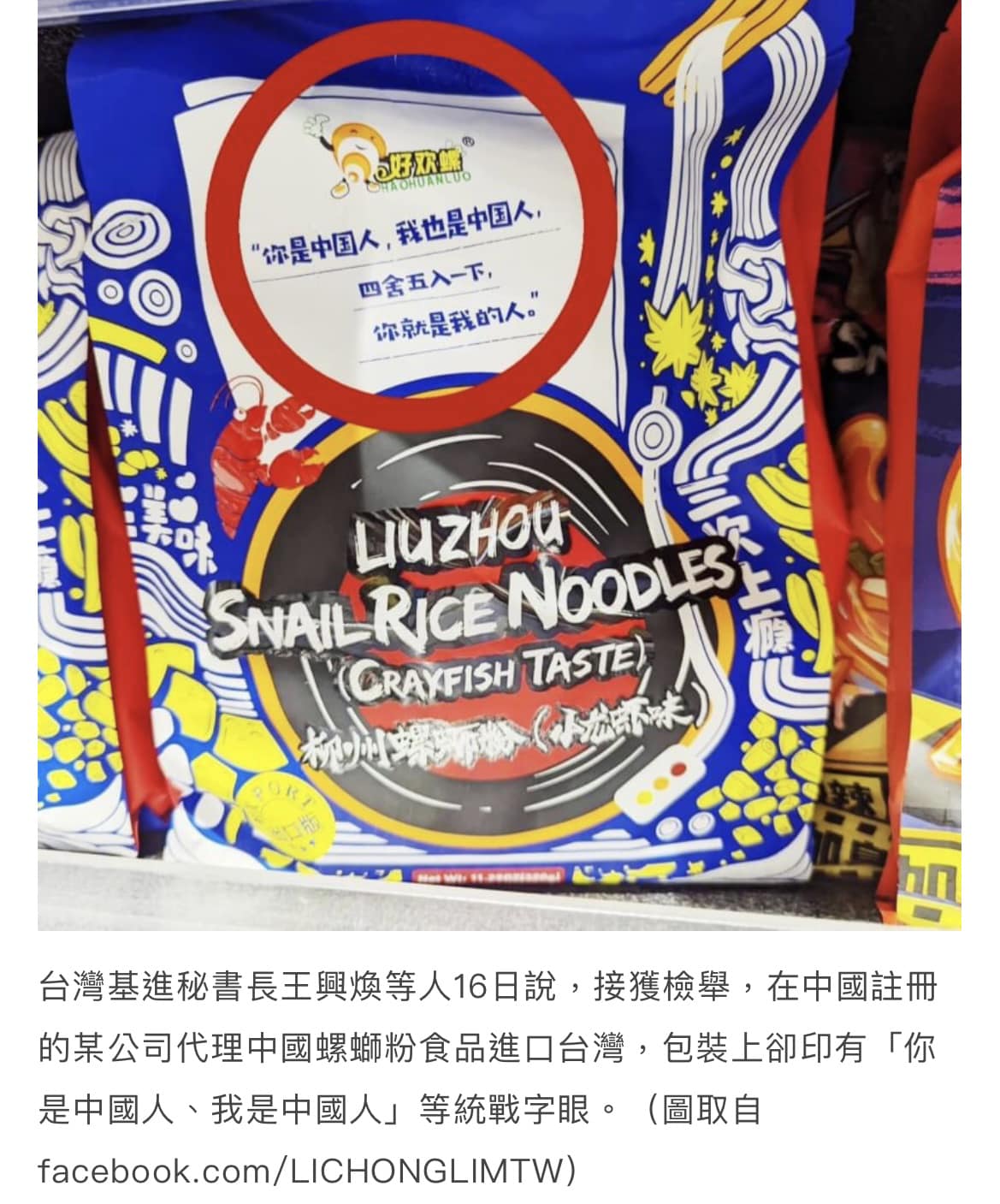Topical weather prediction
Weather outlook: MOSTLY STORMY on Tuesday. 😉 pic.twitter.com/qKcqZa6svL
— Jon Cooper (@joncoopertweets) April 3, 2023
Weather outlook: MOSTLY STORMY on Tuesday. 😉 pic.twitter.com/qKcqZa6svL
— Jon Cooper (@joncoopertweets) April 3, 2023
Adam Schrader, "Ohio Sen. J.D. Vance introduces bill to make English official U.S. language", UPI 3/30/2023. A press release from Vance's office is here, and here's the text of the bill.
"Meloni's party looks to shield Italian language from foreign contamination", Reuters 3/31/2023.
Prime Minister Giorgia Meloni's party has proposed imposing fines of up to 100,000 euros ($108,750) on public and private entities which use foreign terms, most notably English, instead of Italian in official communications. […]
If the draft becomes law, the government might have to get its own house quickly in order. When it took office last October, it added the English term "Made in Italy" to the name of the industry minister, while Meloni herself occasionally drops foreign words into her speeches.
In her inaugural address to parliament as prime minister in October, Meloni described herself as an "underdog".
Read the rest of this entry »
The following image is from a guest post on the Tangle newsletter (3/3/23) that comes from a Chinese dissident who recently fled to the U.S.:
Read the rest of this entry »
From the recent meeting between Putin and Wang Yi (Director of the Office of the Central Foreign Affairs Commission of the Chinese Communist Party):
Read the rest of this entry »

Liuzhou Snail Rice Noodles from China. (Facebook, Li Chong-lim photo)
The photograph is from this article:
China’s ‘propaganda noodle soup’ ordered off the market in Taiwan
Noodle packaging has ‘You are Chinese, and I am too’ emblazoned across it
By Huang Tzu-ti, Taiwan News (1/17/23)
Read the rest of this entry »
In this post, I will focus on the adversative passive usage of nèijuǎn 内卷 ("involution").
Calque of English involution, from its Latin roots. This sense was coined in Agricultural Involution: The Processes of Ecological Change in Indonesia (1963) by Clifford Geertz, as an antonym of evolution, where Geertz observed Javanese and Balinese rice farmers failed to transit from labor-intensive farming to capital-intensive farming, but rather developing intensive competition that does not increase productivity.
Usage
(source)
Read the rest of this entry »
With change of policy and official narrative also came the falling out of favor of the task force in charge of lockdowns, the Chinese people are not one to miss out such an opportunity to make some good old soviet jokes about their previous overlords#TheGreatTranslationMovement pic.twitter.com/0IQnlg3Epb
— The Great Translation Movement 大翻译运动官方推号 (@TGTM_Official) December 9, 2022
Read the rest of this entry »
Permalink Comments off
Students from the elite school Tsinghua University protested with Friedmann equation. I have no idea what this equation means, but it does not matter.
It's the pronunciation: it's similar to "free的man" (free man)—a spectacular and creative way to express, with intelligence. pic.twitter.com/m5zomeTRPF— Nathan Law 羅冠聰 (@nathanlawkc) November 27, 2022
Read the rest of this entry »
The photographs below are of government lockdown slogans on signs in Chinese cities. The first was taken by a former student of mine in Guangzhou, and the other two are from Weibo.
In the first photograph, the last line is so awkward that if seems ungrammatical and barely makes sense. As shown in the following analysis, it's the result of a forced rhyme.
1., 2. (left, right)
Read the rest of this entry »
Photograph of a political billboard in Taiwan (from AntC):

(more images here)
Read the rest of this entry »
The subtitles explain what's going on:
https://www.youtube.com/watch?v=JkHaQBHhz88
Read the rest of this entry »
The war drags on, and once again one wonders how different Ukraine is from Russia, Ukrainian from Russian. This superb article will help us get a handle on what the issues at stake are:
"A short history of language in Ukraine"
Norman Davies, Spectator (2 October 2022)
The article is so richly illuminating and timely that it deserves to be quoted in extenso:
After six months of war in Ukraine, most observers agree that the roots of Russian aggression lie in the country’s deep-rooted attitudes to culture and history. In line with Russia’s nationalist traditions, Putin denies any place for a separate Ukrainian identity.
The Ukrainians, in contrast, see themselves as a proud nation with their own history, culture, centuries long struggle for independence, and, of course, language. And while Ukrainian has been dismissed as a dialect of Russian in Moscow, it in fact has a long history – and is very much a language in its own right.
That independence can be seen in the genesis of the word ‘Ukraine’ itself. In most Slavonic languages, the letter ‘U’ – and written in Cyrillic as У – is a preposition of location; according to context it can be translated as ‘in’, ’on’ ‘at’ or ‘near’, and it is followed by nouns in the genitive case. In Ukrainian, the word Kray means ‘edge’ (although in Russian it means ‘land’ or ‘country’). So ‘U Krayu’ stands for ‘At the Edge’, and Ukraina for ‘the Land on the Edge’ or ‘Borderland’. It is very similar to the American idea of the ‘Frontier’.
Read the rest of this entry »
At this most important moment of his career, when he is about to be crowned emperor for life of the CCP / PRC, Xi Dada commits a whole slew of bloopers and blunders, gaffes and goofs, and the camera has caught him in flagrante delicto:
【辱包素材】习近平二十大开幕报告口误合集
接踵(zhòng)而至
打铁(xuě)必须自身硬
解决(放)人类面临(yín)的共同问题
妇女儿童(téng)
着(zháo)力
供(gòng)给
塑(shuò)造
痼疾(jì)
步骤(zòu)
生动活泼(生吞活剥🐻)
道德水准(平😈)
斗争取得(斗争争🤨)
物质文明(墓志铭🪦) pic.twitter.com/ahPJ1hoLoK— Dope Pig_习蜜归来 🇻🇳 🇰🇵 看反贼正在土崩瓦解,保皇派出头之日已经到来 (@Dope__Pig) October 18, 2022
Read the rest of this entry »